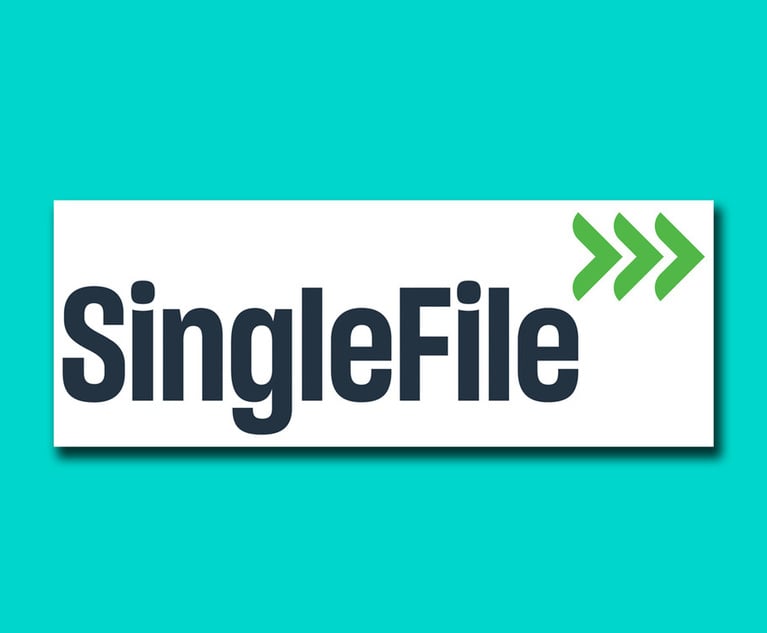Not long ago, the idea of a self-executing contract enshrined in computer code was barely more than science fiction, the sort of idea that legal futurists enjoyed pondering. But with the rise of blockchain technology, so-called smart contracts are starting to enter the mainstream.
For the uninitiated, smart contracts are legally enforceable agreements layered on blockchain technology. Not only are they seen as more secure and precise than traditional contracts, they promise a world where the exchange of assets becomes automatic and instantaneous.
While some lawyers are wary, others are working on frameworks that would allow practitioners, even those without technical expertise, to easily work with smart contracts.
This week’s Legal Speak podcast explores the basics of smart contract technology, its limitations and what adoption means for transactional lawyers. Law and technology reporter Ben Hancock speaks with:
- Aaron Wright, assistant clinical professor of law at Cardozo Law School, and co-founder of the Open Law smart contracts project;
- Casey Kuhlman, CEO of Monax, which is working on ways for companies to be able to create their own smart contracts;
- Stuart Popejoy, co-founder of blockchain company Kadena and the lead architect of its Pact smart contracts language; and
- Amir Azaran, transactional attorney at Loeb & Loeb focusing on technology, licensing and advertising.
Listen to the podcast here or find us on Apple Podcasts Google Play, or Libsyn.
NOT FOR REPRINT
© 2024 ALM Global, LLC, All Rights Reserved. Request academic re-use from www.copyright.com. All other uses, submit a request to [email protected]. For more information visit Asset & Logo Licensing.









